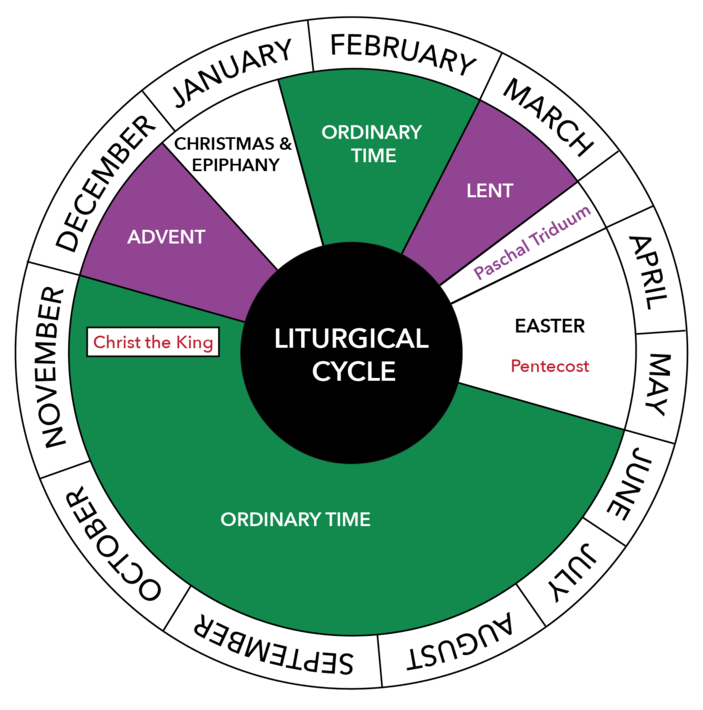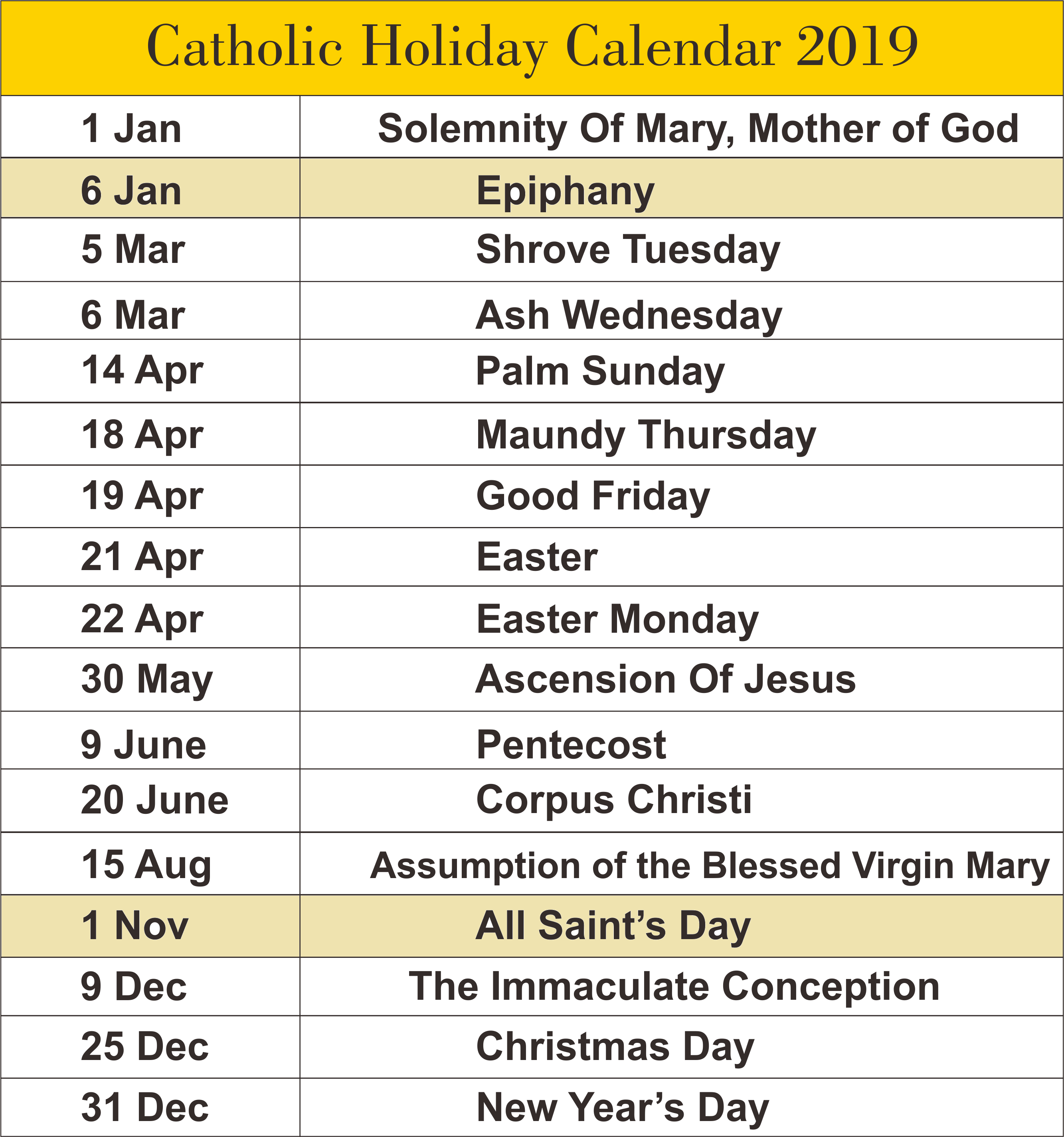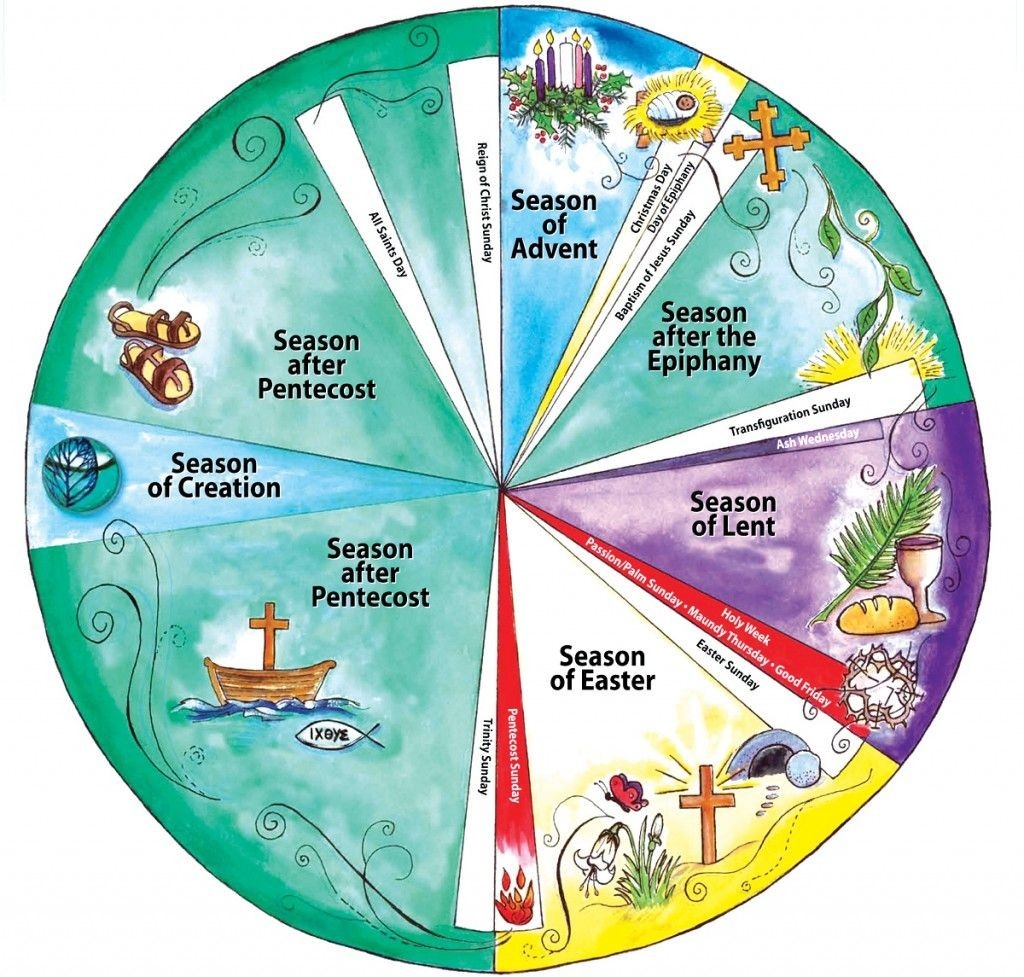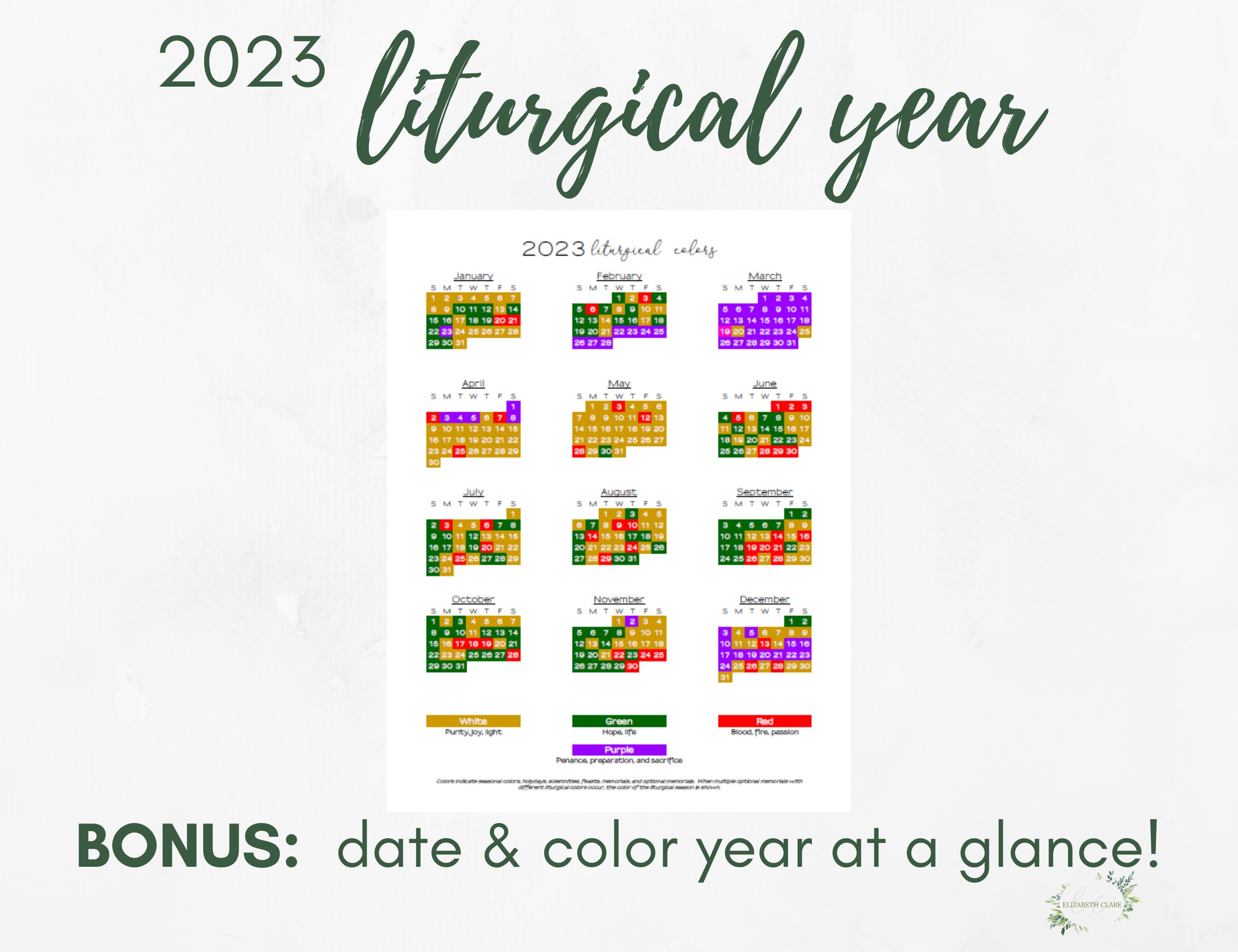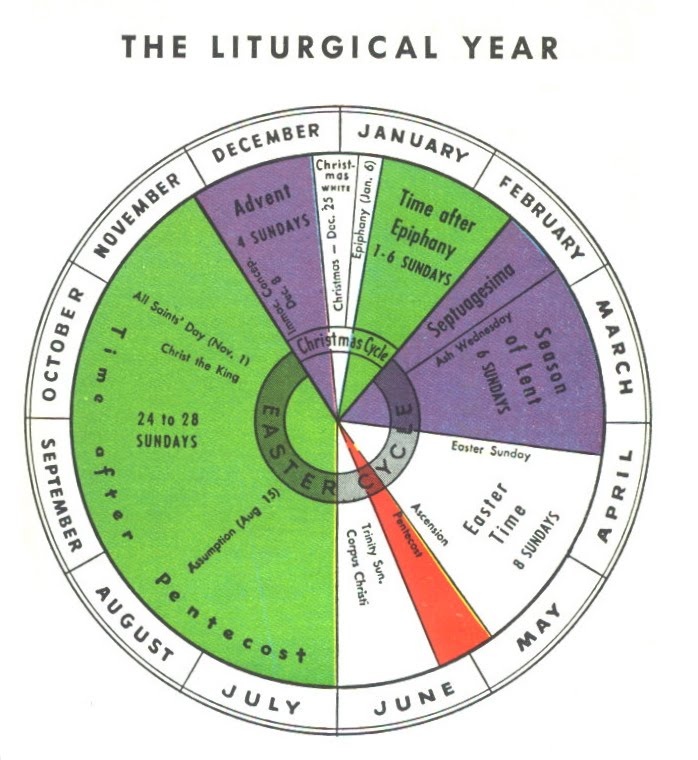
The festive season is not over yet! While Christmas is a significant celebration in the Catholic calendar, there are several important holidays and observances that follow in the following weeks. These special days honor key events and figures in the Catholic faith, offering opportunities for reflection, prayer, and joy. In this article, we'll explore seven Catholic holidays after Christmas, delving into their meanings, traditions, and significance.
The period between Christmas and the Epiphany, also known as the "Octave of Christmas," is a special time of celebration and reflection in the Catholic Church. During this time, Catholics honor the birth of Jesus Christ and the events that followed, including the visit of the Magi and the baptism of Jesus.
The Octave of Christmas

The Octave of Christmas is an eight-day celebration that begins on Christmas Day and ends on January 1st. During this time, Catholics attend special Masses, engage in festive traditions, and reflect on the significance of Jesus' birth. The Octave is a time of great joy and celebration, as Catholics commemorate the arrival of the Messiah and the gift of salvation.
New Year's Day: Solemnity of Mary, Mother of God

January 1st is a holy day of obligation in the Catholic Church, celebrated as the Solemnity of Mary, Mother of God. This feast day honors the role of Mary as the mother of Jesus Christ and the mother of the Church. Catholics attend special Masses, pray the Rosary, and reflect on the importance of Mary's motherhood in the story of salvation.
Epiphany: January 6th

Epiphany, celebrated on January 6th, commemorates the visit of the Magi to the baby Jesus. This feast day marks the revelation of Jesus Christ to the Gentiles, symbolized by the arrival of the three wise men from the East. Catholics celebrate Epiphany with special Masses, processions, and the blessing of homes.
Baptism of the Lord: Sunday after Epiphany

The Sunday after Epiphany is celebrated as the Baptism of the Lord, commemorating the baptism of Jesus Christ in the Jordan River. This feast day marks the beginning of Jesus' public ministry and the revelation of his divinity. Catholics reflect on the significance of baptism in their own lives and the life of the Church.
St. Elizabeth Ann Seton: January 4th

January 4th is the feast day of St. Elizabeth Ann Seton, the first American-born saint. She was a Catholic educator, founder of the Sisters of Charity, and a pioneer in Catholic education in the United States. Catholics honor her legacy by reflecting on the importance of education, charity, and service to others.
St. John Neumann: January 5th

January 5th is the feast day of St. John Neumann, a Czech-born bishop and fourth bishop of Philadelphia. He was a pioneering figure in Catholic education and a strong advocate for the Catholic faith in the United States. Catholics honor his legacy by reflecting on the importance of faith, education, and service to others.
St. Sebastian: January 20th

January 20th is the feast day of St. Sebastian, a Roman martyr and saint. He was a soldier who was martyred during the Roman persecution of Christians in the 3rd century. Catholics honor his bravery and sacrifice by reflecting on the importance of faith, perseverance, and martyrdom.
In conclusion, the period between Christmas and the Epiphany is a rich and joyful time in the Catholic calendar. These seven Catholic holidays after Christmas offer opportunities for reflection, prayer, and celebration, honoring key events and figures in the Catholic faith. As we reflect on the significance of these feast days, may we deepen our understanding of the Catholic faith and our connection to the global Catholic community.
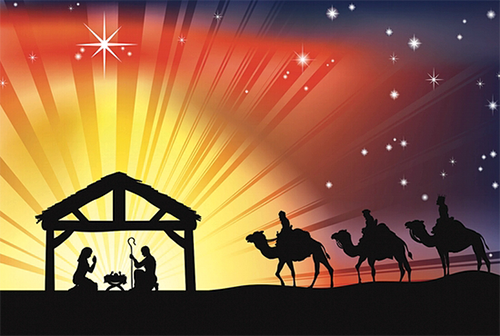



What is the significance of the Octave of Christmas?
+The Octave of Christmas is a special time of celebration and reflection in the Catholic Church, commemorating the birth of Jesus Christ and the events that followed.
What is the feast day of St. Elizabeth Ann Seton?
+January 4th is the feast day of St. Elizabeth Ann Seton, the first American-born saint.
What is the significance of the Epiphany?
+The Epiphany commemorates the visit of the Magi to the baby Jesus, symbolizing the revelation of Jesus Christ to the Gentiles.


